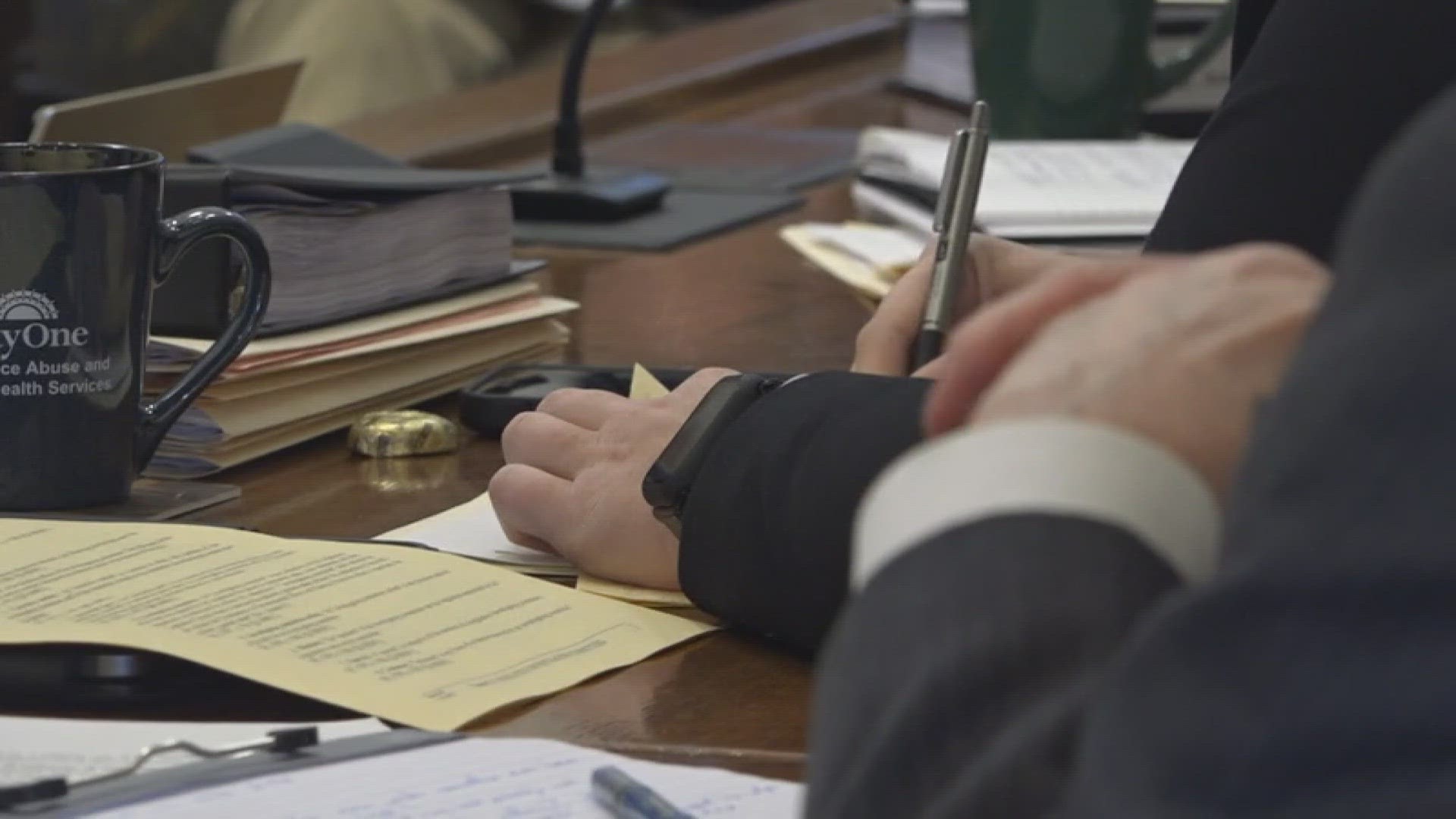AUGUSTA, Maine — So many unanswered questions remain over what went wrong leading up to the mass shooting in Lewiston. State lawmakers are among those trying to find answers.
The Legislature's Judiciary Committee agreed, after an hourslong workshop Wednesday, to advance a bill to grant subpoena powers to the independent commission investigating the facts of the tragedy after Gov. Janet Mills and Attorney General Aaron Frey introduced emergency legislation.
The compromise came when all members agreed the commission must issue all subpoenas before a July 1 deadline, detail all of its subpoena powers used in its final report, and the bill must include a statement of intent for future executive branch commissions.
Members debated for hours whether granting subpoena powers to a commission set up by the executive branch is the correct decision, as members said it's something that's never been done before.
"The Legislature has often given subpoena power to various agencies for various purposes. The only difference here is that this one is created by executive order, not statute," Rep. Matt Moonen, D-Portland, said. "But, I just want to be very clear that subpoena power is not reserved to the Legislature by a long stretch."
Several lawmakers said they felt the commission should request individual subpoenas from the Government Oversight Committee instead of issuing it unlimited powers.
"The governor herself stated that this determines a higher level of scrutiny. And if it determines a higher level of scrutiny, why not a higher level of protection and preservation of the separation of powers? Why not a higher level of accountability?" Rep. Rachel Henderson, R-Rumford, said.
Those in favor, however, that the ability to use a subpoena to access documents or get witness testimony will be a "narrowly prescribed" power.
"We may have federal policies with the government that prevent military members from testifying without a court telling them that they have to via a subpoena," Moonen said. "I just think a subpoena is just a tool to help people who want to help do so without breaking laws or policies."
The commission has already encountered a number of people who have refused to provide documents or testify in front of the commission, either by their own choice or by direction of a superior, according to the commission's executive director, Anne Jordan.
In a public hearing on Monday, Jordan, Frey, House Speaker Rachel Talbot-Ross, and Mills' Chief Legal Counsel Jerry Reid told the Judiciary Committee that by granting these subpoena powers, it will not only help the commission fulfill its fact-finding mission but give it the opportunity to provide a complete and thorough report to the people of Maine.

